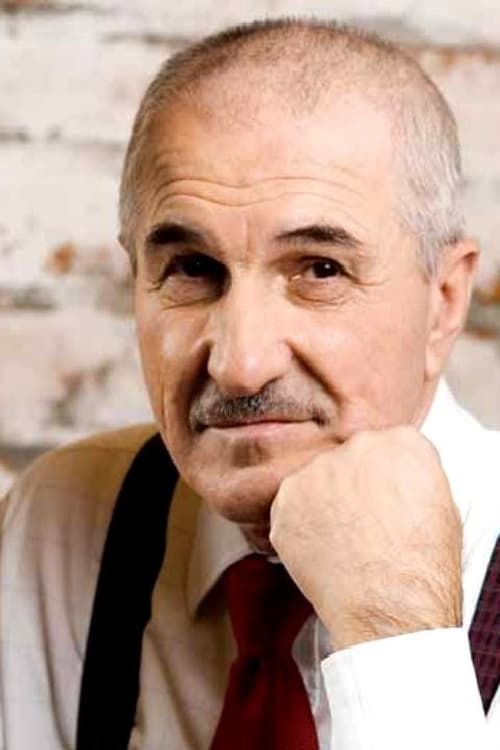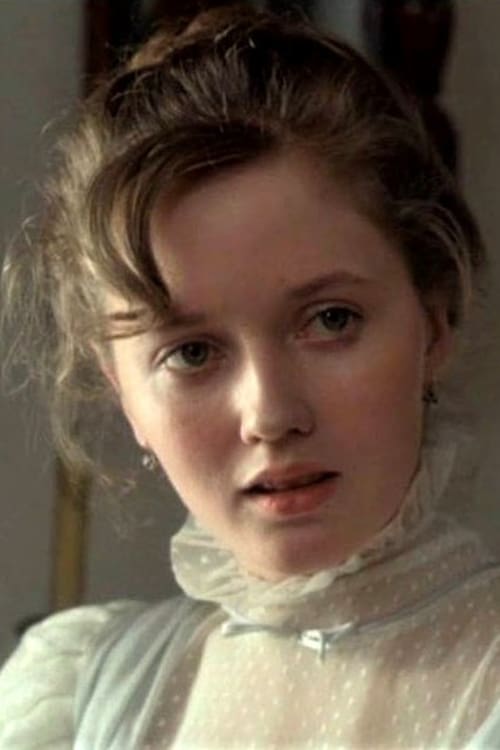Orient Express (2004)
Genre : Romance, Drama
Runtime : 1H 55M
Director : Sergiu Nicolaescu
Synopsis
At an old age, prince Andrei Morudzi retreats to his castle in Romania, during the two world wars, after having lead an eventful youth. There he is seen upon as a rare bird by the local folk, due to his strange attitude towards life and his exquisit manners, which don't fit in the way of life of the villagers. But, in the end, despite trying to distance himself from the local people, he can't but influence their humble existences.
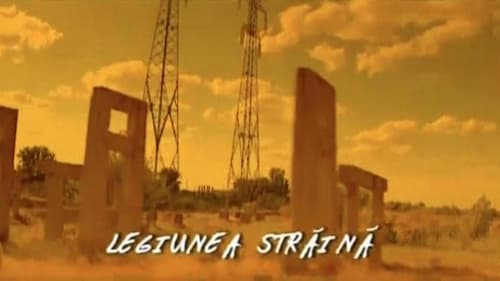
For many years, three Romanian village boys, Stelica, Aurel and Mitu, have remained the closest of friends. In their youths, they planned to pursue careers as shepherds, but in time their individual paths diverged - leading Mitu into the military, Stelica into the local police force and Aurel into the employ of Maricel, a wealthy resident of the community. The men's worlds change forever when a newcomer arrives in the hamlet - a young woman named Lilica, accompanied by Maricel. She's toting two trucks full of Dutch chickens with her, which inadvertently spreads the bird flu to much of the local populace. The boys, however, soon realize how they can ingeniously turn this potential crisis into a solid profit-making venture for themselves.

At the Bucharest Circus, the new young manager is trying to solve the major financial issues of the company by selling its only bear (old and about to die soon) to German hunters. But the artists do not want to sacrifice their favorite animal so the manager decides to steal the bear and run to the mountains to meet the Germans. A crazy road movie starts following the bear.

A tabloid photographer is given the assignment to follow a politician suspected to have sexual relations with an underage girl.

Based on a theatrical text by Romanian writer Ion Luca Caragiale (1852-1912), who was a bitter and funny witness of the turn-of-the-20th-century Romanian bourgeois mores, Carnival Scenes manages to preserve and further enhance the slightly hysteric atmosphere of his plays. Pintilie creates a strange combination of carnival scenes which is brought to the screen as a burlesque, fast-paced, screwball comedy with a meditative undertone. This film was banned in Romania for a decade until the death of Ceausescu in 1989 and was only released after the 1989 revolution.

The life-story confession of a prisoner waiting for his trial. Victor Petrini, a promising intellectual in the 1950s and a lecturer in Philosophy is arrested by the repressive secret police, wrongly accused of espionage, and sentenced to prison and forced labor.
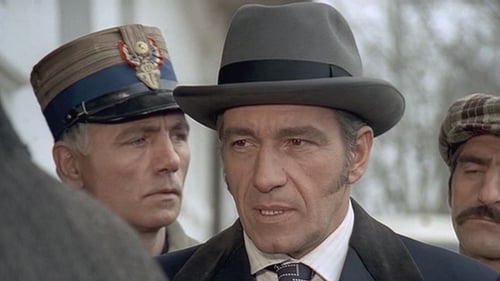
In 1919 at the end of WW1 Romanian peasant Manolache Preda returns to his native village where he finds his woman taken by another and his land sold to the local landowner.

In a devastating story rife with visual metaphors, Romanian director Mircea Daneliuc traces the slow mental disintegration of a confirmed gambler, using his disorder as an allusion to a greater national and social disorder. Set in the 1930s, the middle-class gambler meets an elderly man who seems to bring him good luck at the gaming tables. Rather than treasure his friendship and the good fortune it brings, the gambler takes advantage of his friend, and by his actions drives the man to suicide. Unable to reconcile his own mental demons, the gambler wanders through the house of his dead friend, and his experiences there only serve to unsettle his mind more and more and more. In the last reels of the film, the fantasies of the hero's deranged mind take over.
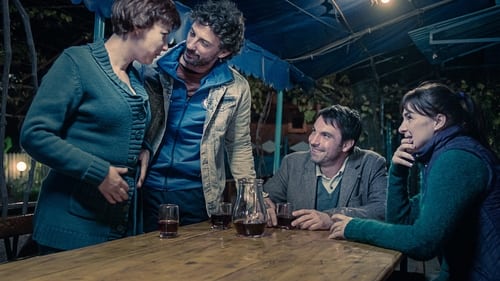
Robert is a young writer passing through a difficult time in his life. He decides to return home into his native village for the first time since his mother passed away three years ago. In more than 10 years, he paid only few visits to his parents and this fact is reflected by the distant relationship Robert has with his father. As it happens, he meets two former classmates: Petrica - his old best friend, now married with children and Paula- his teenage sweetheart. She is divorced after an unhappy marriage and is now working at a local store. She doesn’t seem to be engaged in a relationship…

Geared more for the home crowd with a good knowledge of their own history, this Romanian political comedy takes place at the turn of the 20th century, when two opposing factions are going at each other tooth and nail to win an election. One candidate is a staunch if not deluded conservative and the other is a radical liberal. Anticipating modern election campaigns by a good half a century, the two candidates decide that the best way to win is to sling as much mud as possible. Lacking the Internet and fifteen-second TV spots, they do the best they can -- they send each other virulent telegrams denouncing each other's personal failings.

The personal story of the young student Felix Goldschmidt, who finds himself arrested for a crime he does not understand, like his fellow prisoners, he believes at first that he the victim of a mistake. But Red Gloves is also a political story, describing how a totalitarian state imposes itself by fear, rooting out individuals almost randomly and demanding their submission. By cutting back to scenes from the old life of Felix, the author manages to achieve balance and contrast with the suffocating atmosphere of the prison. We are shown our hero as an idealistic young man, searching for love and fulfillment.

An uncompromising journalist obsessed with the idea of absolute justice ends up committing suicide after reading his father's biography. Based on three novels by Camil Petrescu.

Velicanu considers himself a fulfilled person. He's got money, a new villa, married a younger woman and has a son from a previous marriage. Before the holidays he has to leave everything in order, but things start to get complicated. The crisis at the end of the day make him wonder whatever he is indeed a happy, fulfilled person...

In an allegorical tale, a luxurious hotel is ruled like a communist country. The ignorant views of leaders and the social stratification are the main focus.

A terminally ill professor gets an immoral offer.

An old geriatrics professor accidentally discovers after a high-school reunion a potion that can rejuvenate anybody and uses it on him and his friends. They all go their new youthful ways but, for most of them, things don't go according to plan.

Feature film.

The decision taken by the hospitals council board of early releasing the neurotics and depressed, throw Mona 36 and Cathy 30 in the real world, a world which cannot offer them any place to live except a little house, without a roof , situated at the edge of the country , in the Danube Delta. It's Mona's grandparents house, but both of them are dead. Their arrival triggers weird reactions on behalf of the villagers because they have big plans: to sell the village to a very rich man who own a football team and a political party who wants to turn the place into a luxurious resort. Could Mona and Cathy resist to the villagers reactions? Could they find a place to live in this world?

Over at the fictional DRGBP institution, events take a settling turn after a mutinied prize festivity.

A certain village nobleman Amédée dies, leaving a substantial legacy, but there is a matrimonial clause. The first of two men (who do not know each other) who will marry will receive the inheritance of one million.

Romania, 1940. A boy meets a girl. They fall in love without suspecting anything about their real identities. They chose an eventful, tense and dangerous life as underground anti-fascists fighters. The significance of their activity is manifest in the consequences it has on the tormented progress of their love. Reality is against it. Two parallel lines which meet for a second, only to drift apart for ever.

